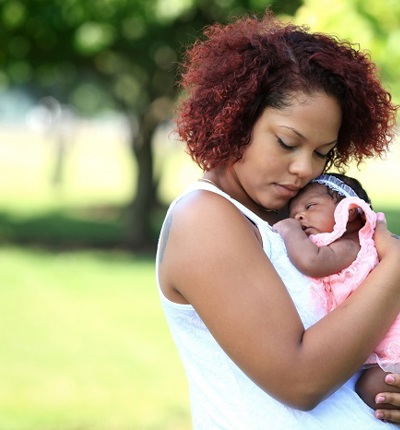
Fertility law
The human rights and public law team at Leigh Day has expert and specialist knowledge in bringing legal challenges relating to a range of fertility and parenting law issues, including those arising in surrogacy.
These include using judicial review to challenge the decisions of clinical care commissioning groups, where NHS funded fertility treatment has been refused. In addition, we have advised clients in relation to challenges to the current regulation of fertility treatment and the legal framework governing surrogacy. We bring both public law challenges and use the Human Rights Act to bring claims for compensation where clients have experienced inequality and discrimination in this area.
As scientific developments increase the ways a ‘family’ can be created, the law has not kept pace with these changing family patterns. The current framework can leave families falling through gaps, such as parents of children born through surrogacy being denied equivalent pay and leave rights to care for their newborn child, or babies born thorough surrogacy waiting months before their parents are recognised as such in law.
The fertility team is approached regularly to represent clients on a range of issues, including the so-called ‘postcode lottery’ around the funding of fertility treatment. Different clinical commissioning groups (CCG) each have their own policies about whether or not they will fund fertility treatment, some of which exclude applicants on the basis of their sexual orientation or disability and we have brought successful challenges securing both NHS funded treatment and compensation.
We have also advised clients on the legal issues surrounding the ownership of gametes and embryos, and how to bring claims when something goes wrong or someone falls in a gap in the legal framework.
We also have lawyers with expertise in bringing claims where negligent medical treatment has resulted in infertility or where fertility treatment has been carried out negligently.
This is a complex area of law and our lawyers are well-placed to assist people to protect their families, and to preserve their associated human rights and rights to equal treatment.
We have also acted for prisoners wishing to start a family in relation to requests for access to artificial insemination facilities.
Case study
RKA had a son through surrogacy in January 2012. After the happy news that the pregnancy was progressing well, RKA then faced having to plead with her employers for leave to care for her new born child. She was finally forced to accept unpaid leave as this was all her employers would offer and sadly, while on leave, she was made redundant. Leigh Day, acting on a no win no fee basis, brought a challenge against the Government for failing to provide equivalent employment rights for RKA as a mother of a child born through surrogacy. RKA secured compensation for the loss of maternity pay which, we successfully argued, should have been paid. Compensation was also paid for the loss of legal protection in redundancy situations that a woman on maternity leave or parents on adoption leave acquire.
Our clinical negligence team offers expertise in claims where negligent medical treatment has resulted in a reduction in fertility or where fertility treatment has been carried out negligently.
We have acted for many women, whose chances of conceiving without assistance have been reduced as a result of negligent gynaecological treatment, including many cases where a delay in diagnosis of ectopic pregnancy has led to unnecessary removal of a fallopian tube and consequent effects on fertility.
We have successfully brought claims for women whose ability to conceive has been adversely affected by surgery that has gone wrong, for example as a result of delays in diagnosis of appendicitis or due to poor post-operative care after surgery on a hydrosalpinx or for endometriosis, or by other negligent medical treatment, such as a delay in treatment of infection.
In those cases where we can prove that negligence has led to the need for fertility treatment that would not otherwise have been necessary we have been able to claim compensation to cover the costs of that treatment, whether it be IVF or ICSI. We have also acted for parents who have chosen surrogacy as an option.
We have also been able to claim compensation for fertility costs in cases where parents whose babies have died as a result of negligence have required fertility treatment to get pregnant again.
Fertility treatment itself can lead to injury, or the chances of conceiving being reduced further and we have been able to help clients who have been unfortunate to have this happen to them. We successfully claimed compensation for a man who underwent unnecessary semen aspiration procedures during fertility treatment as a result of a failure of the IVF clinic to advise semen was already in storage. We have also acted for a client whose egg implantation was mishandled causing unnecessary injury and forcing her to abandon her IVF attempts, and for a woman whose eggs were destroyed without her being appropriately informed. In a very sad case we obtained significant compensation for a young woman who suffered a stroke having developed Ovarian Hyperstimulation Syndrome (OHSS) during fertility treatment which went undiagnosed.
This is a complex area of law and our lawyers are well-placed to assist people to protect their families, and to preserve their associated human rights and rights to equal treatment.

